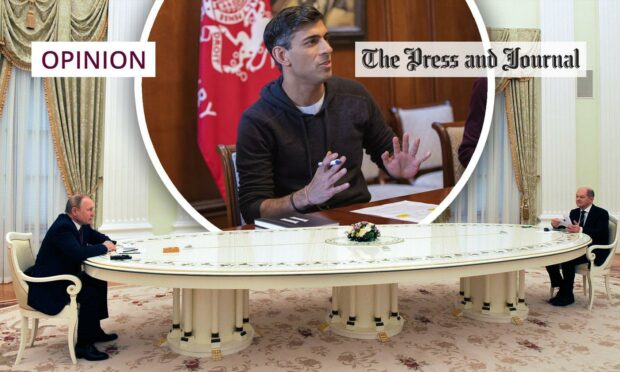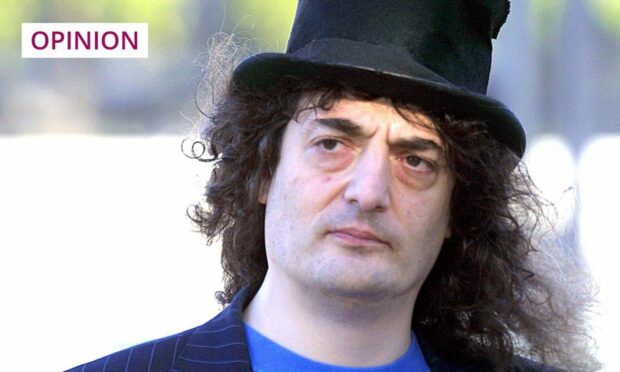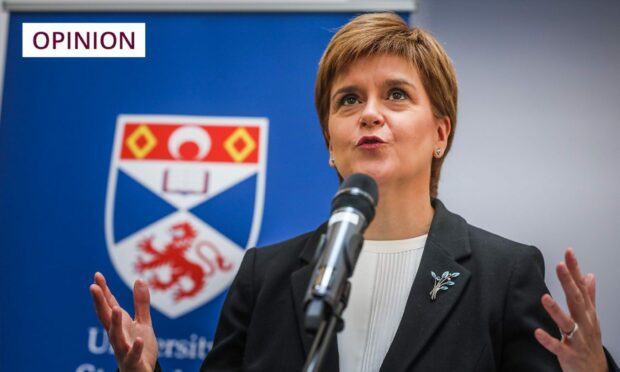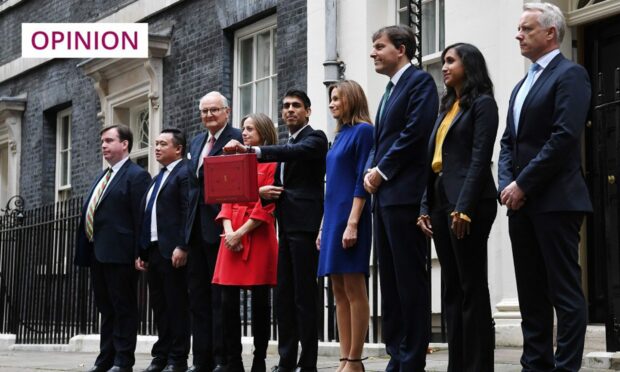That mad long table should have told us everything we needed to know. Vladimir Putin’s insistence that visiting foreign dignitaries and even his own cowering ministers and generals sit a decent grenade toss away from him in meetings put him squarely in the territory of late-stage Colonel Gadaffi or Papa Doc, or maybe even nutty old Howard Hughes.
It told us that the vampire of the Kremlin has lost it, that he no longer has any grasp of perspective or context and is unlikely to be acting rationally.
Whether it’s terror of assassination or of catching Covid, or is an assertion of his untouchable supremacy, Putin’s weird insistence on extreme physical distance shows he has reached the stage that all long-serving dictators ultimately do: swaggeringly solitary, drunk on omnipotence, trusting no one’s judgement but his own, and secretly petrified in the dark corners of his mind. In short, he is no longer quite human. It usually precedes a fall.
Clear message from Putin
The aesthetics might be of secondary importance to the bombs and bullets causing devastation in Ukraine – and also to Putin’s hapless troops – but they do matter. Putin likes to be seen topless and riding vigorous stallions, wrestling and somehow beating much fitter and stronger men in Steven Seagal-style slo-mo, always catching the biggest fish in the river, laughing in the face of danger. The message is plain: I am not a normal man; I am more than this; I’m not saying I’m a god but if you want to think of me that way then go right ahead.
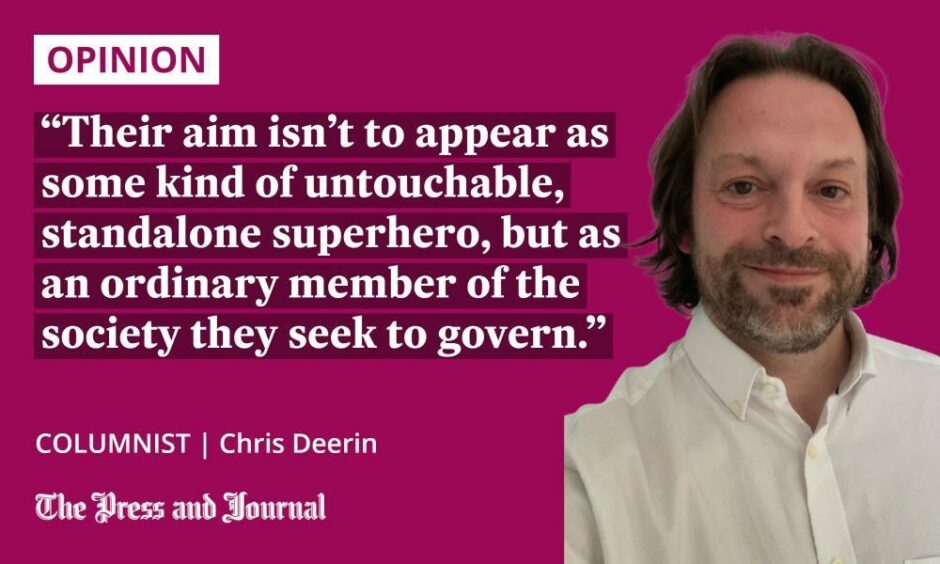
This is what dictators do. Something alchemical happens amid all that power and control, where everyone else jumps at your command, fears your judgement, fawns over your most inane statements. You are no longer part of a community, no one tells you to pipe down or puts you in your place, no one dares point out when your idea is a stupid one. Every luxury is at your fingertips, from golden palaces to beautiful women (or men). Whose ego would for long stay unwarped in such circumstances?
Sunak dialing down posh-boy credentials
It’s telling to contrast this superhero guff with the messaging of Western leaders, whose most common PR stunt recently has simply been to put on a hoodie. Rishi Sunak has been sporting one for the cameras as he attempts to dial down his posh-boy credentials and dial up his everyman appeal. Emmanuel Macron, aping the war chic of Volodymyr Zelensky, was photographed in the Elysee in a hoodie, jeans and stubble.
The hoodie is the great leveller of clothing. It’s worn by kids, middle-aged parents, and off-duty aristocrats. You’ll find a range in practically every clothing store, in every colour, from designer wear to cheap tat. Its working-class credentials are impeccable, as it was created in the 1930s for men toiling in chilly New York warehouses. It was rejuvenated in the 70s during the emergence of the hip-hop scene. The hood, pulled tight, became the sinister calling card of neds and shoplifters seeking to avoid CCTV cameras in the 1990s, before its comfort and utility saw it become almost ubiquitous across class, age and geography.
'While it looks laughable for world leaders to dress like someone who is sitting in a bomb shelter in order to bolster their credentials, the wartime hoodie has become a useful way for leaders in this crisis to semaphore their sympathies,' says Jo Ellison https://t.co/QfgUUgnKp2
— FT Weekend (@ftweekend) March 25, 2022
You can understand in all this why it appeals to Western politicians who, no doubt to their irritation, must repeatedly win democratic elections to stay in power. Their aim isn’t to appear as some kind of untouchable, standalone superhero, but as an ordinary member of the society they seek to govern.
The Chancellor wants us to forget about his billionaire father-in-law and his own millions and to believe that he eats, dresses and buys petrol like the rest of us. If he wants to be prime minister, he must convince us of his relative normality and that he has some understanding of the challenges the rest of us face. We don’t want a leader who gets whatever he wants with a click of his fingers, or who locks up or even assassinates his critics. So Rishi puts on a hoodie.
Putin has been exposed as a deluded megalomaniac
The bathos involved in Putin’s disastrous war in Ukraine is extraordinary. He is having to completely rethink his battle strategy, having lost an array of top generals, troops and tanks and other expensive kit. Having set himself up as a mighty figure who operates beyond normal human capabilities, he has been exposed as a deluded megalomaniac, a withered wizard behind the curtain. He didn’t bring Russians with him on this misadventure, but rather forced them to bend to his will. And he got it wrong. The price for this will, rightly, be high.
Meanwhile, the West sticks to the tedium of strategic calculation, painstaking negotiation and the need to maintain electoral support behind its actions. Its only superheroes are on the cinema screen, where they belong.
And it wins. The difference between Sunak and Putin, between the hoodie and the table, is, in the end, everything.
Chris Deerin is a leading journalist and commentator who heads independent, non-party think tank, Reform Scotland
